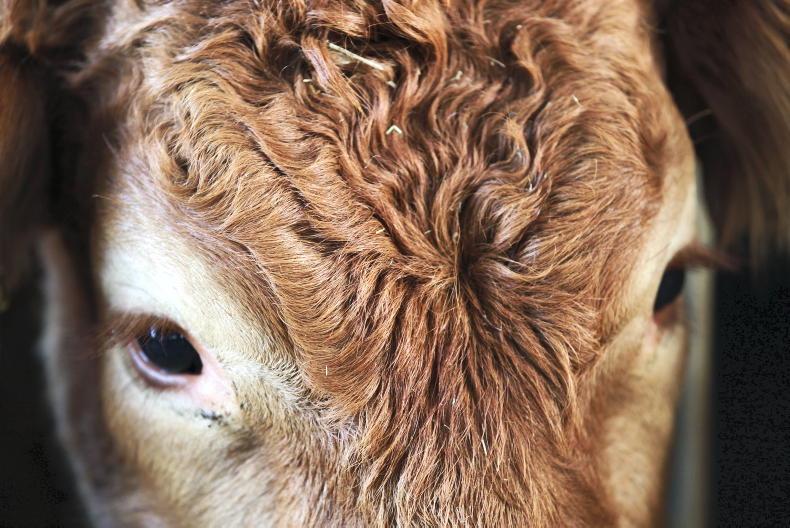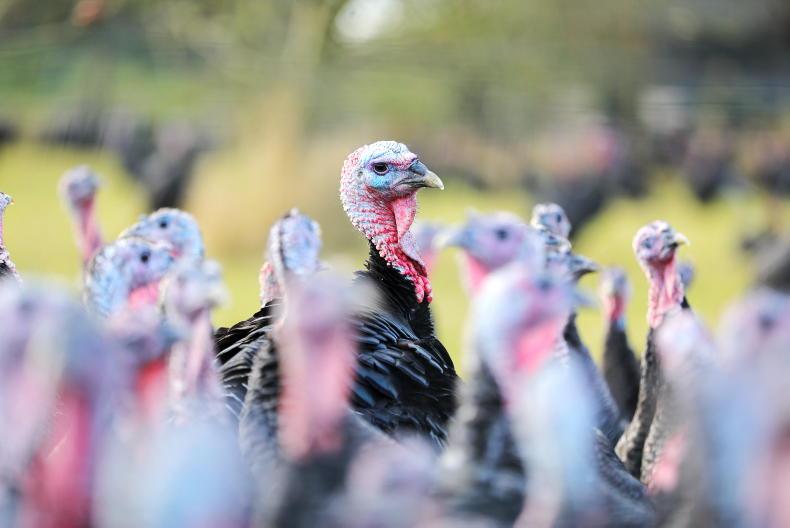A case of bird flu has been confirmed on a poultry farm England, according to the UK’s Department of Environment, Food and Rural Affairs (DEFRA).
This is the first case in a commercial poultry operation in the UK since the last outbreak in February 2024.
The strain of avian flu, commonly known as bird flu, detected was H5N5 in East Riding, Yorkshire.
All poultry on the infected premises will be humanely culled. A 3km protection zone and 10km surveillance zone has been put in place surrounding the premises.
UK chief veterinary officer Christine Middlemiss said winter is a greater risk period for avian flu.
“This case demonstrates that now is the time if you are a bird keeper to ensure you have very robust biosecurity.
“Bird keepers must remain alert for any signs of disease and report suspected disease immediately,” she said.
Last week, Minister for Agriculture Charlie McConalogue issued a warning for Irish farmers to be vigilant, following numerous outbreaks of the H5N1 strain of bird flu across Europe.
Risk
Both the H5N5 and H5N1 strains of bird flu have been detected in wild birds in the UK this autumn. The risk in wild birds has increased from medium to high.
The risk level in poultry with good biosecurity has increased from very low to low, with low uncertainty.
The risk in poultry where there is suboptimal or poor biosecurity remains assessed as low, this is heightened with high uncertainty.
The UK Health Security Agency said avian influenza is primarily a disease of birds and the risk to the general public’s health is very low, but people should not touch any dead or sick wild birds they find.
This comes as humans have been infected with the disease, spread from poultry and dairy cows, in the US.
The Food Standards Agency advises that properly cooked poultry and poultry products, including eggs, remain safe to eat.









SHARING OPTIONS